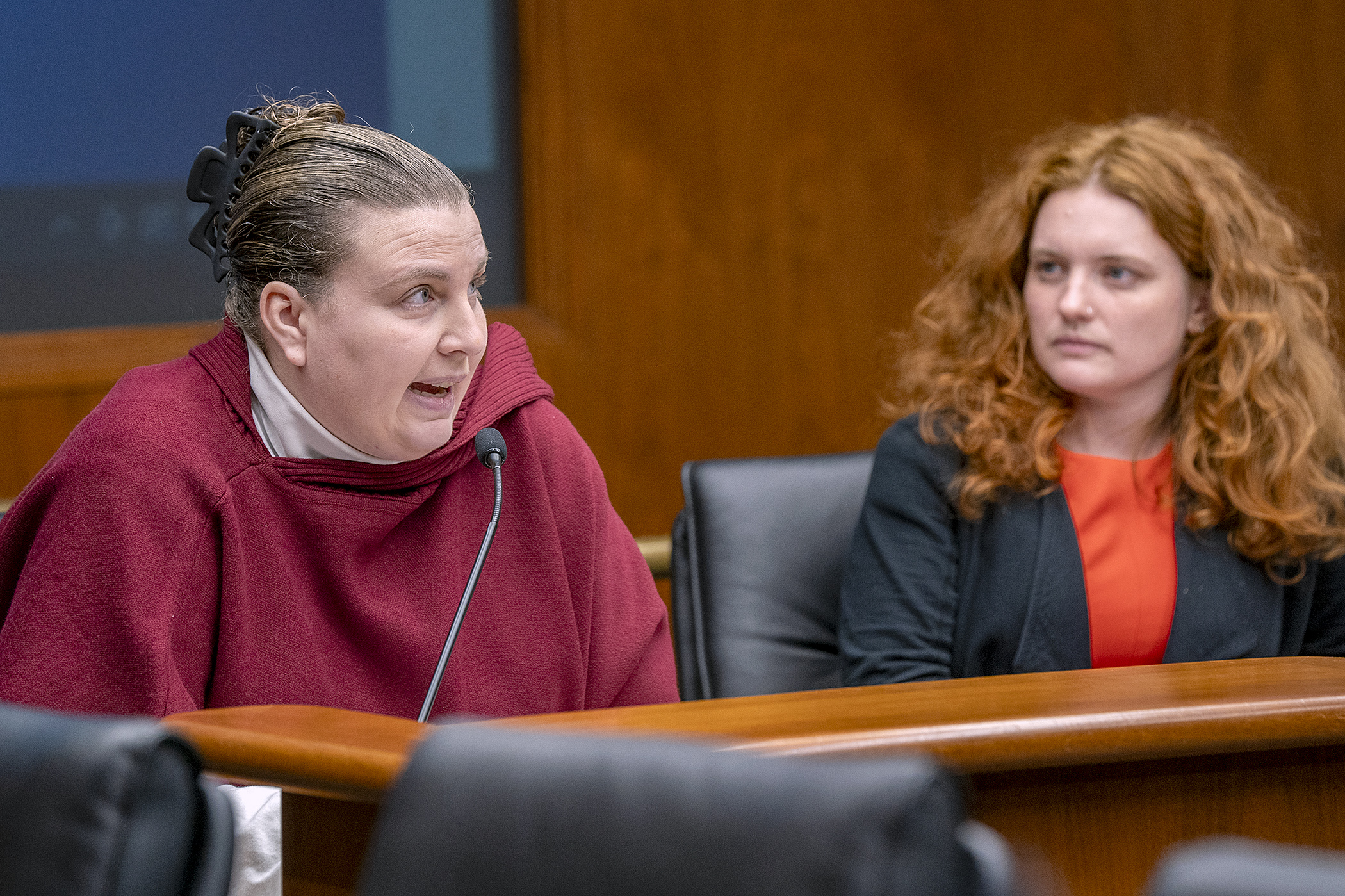How long do MN students have to eat lunch? Bill would mandate a 15-minute minimum

A 2023 law guarantees every student in the state free breakfast and lunch.
In 2024, a proposal could give students enough time to eat their midday meal.
Sponsored by Rep. Sydney Jordan (DFL-Minneapolis), HF3556 would require schools to give students at least 15 minutes to eat their lunch.
“The 15 minutes would start after the student has received their lunch and does not include walking to and from the cafeteria or standing in line to wait for a lunch,” she told the House Education Policy Committee Wednesday before the bill was held over.
The changes would apply to participants in the national school lunch program, which includes both public and nonpublic schools.
“This is a bill to strengthen our successful universal school meals program,” Jordan said. “More Minnesota children are eating breakfast and lunch at school with 30% more breakfasts and 16% more school lunches being served from the start of the school year.”
The success of the program means more students than ever before are being fed, but that also means students spend more time waiting in line for their meal, leaving little time to eat.
Jordan emphasized the bill would only apply to lunch because most schools use the “breakfast after the bell” model, requiring students to eat the school breakfast on their own time. She said the 15 minutes is simply a base time, and she encouraged school districts to give students even more time to eat lunch.
“While lunch lines are longer than they were before we were feeding all children, this was a problem before we acted last year,” Jordan said. “Students, parents and educators have bemoaned a lack of time to eat during the day for years.”
She said having more time to eat would also lead to students substituting more healthy food options for quicker less healthy options.
“Having a 20-minute total lunch time, and you spend 75% of it in line, it doesn’t give the opportunity for the child to eat all their food,” said Kelly Kausel, a nutrition assistant at Roseville Area Schools.
Rep. Heather Keeler (DFL-Moorhead) questioned how the 15-minute mandate would affect the length of the school day and how the bill would be implemented.
“As I’ve carried other bills that we really get time specific for schools, that can increase the length of their day, and that increases teacher contracts and how long they’re in schools,” Keeler said. “So that’s another piece that we would have to approach.”
Related Articles
Search Session Daily
Advanced Search OptionsPriority Dailies
Speaker Emerita Melissa Hortman, husband killed in attack
By HPIS Staff House Speaker Emerita Melissa Hortman (DFL-Brooklyn Park) and her husband, Mark, were fatally shot in their home early Saturday morning.
Gov. Tim Walz announced the news dur...
House Speaker Emerita Melissa Hortman (DFL-Brooklyn Park) and her husband, Mark, were fatally shot in their home early Saturday morning.
Gov. Tim Walz announced the news dur...
Lawmakers deliver budget bills to governor's desk in one-day special session
By Mike Cook About that talk of needing all 21 hours left in a legislative day to complete a special session?
House members were more than up to the challenge Monday. Beginning at 10 a.m...
About that talk of needing all 21 hours left in a legislative day to complete a special session?
House members were more than up to the challenge Monday. Beginning at 10 a.m...